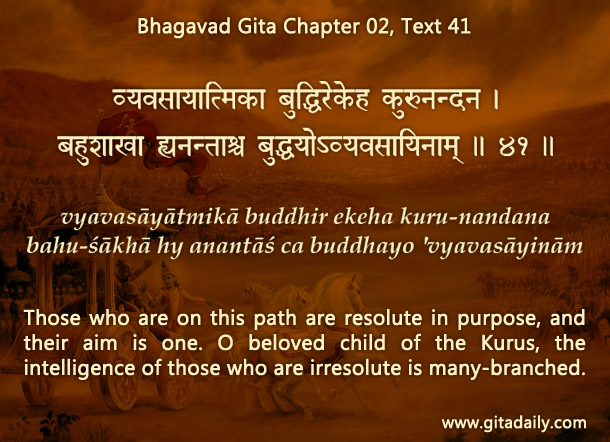How to get the best of both positive thinking and negative thinking – Positive thinking works best when it keeps us focused on opportunities amid difficulties. Our attention usually follows our intention. If we aren’t looking for opportunities, we may not notice them, even if they bump into us. When we are optimistically looking for opportunities, we are more likely to find some. At least, we can find ways to make our consciousness better by cultivating positive thoughts. Thus, by directing our focus toward opportunities, positive thinking can increase our confidence.
Negative thinking works best when it makes us more prepared and grounded. When we think about negative possibilities, we can be better prepared for them in emergencies. Negative thinking can remind us of life’s many negative realities, thereby gratefully cherishing the good things we have in our life. Thus, by making us more aware of threats and means to deal with them, negative thinking can increase our vigilance.
Productive thinking centers on a meaningful purpose and on processes to progress toward it (Bhagavad-gita 02.41). We can best look for opportunities and look out for threats when we are looking toward a meaningful purpose. Indeed, whether something is an opportunity or a threat, that becomes clearer when we are pursuing some purpose. If we are serious about preparing for an important exam, we will see a meeting with a gossiping student as a threat to our time. If we aren’t that serious about our studies, we might see the same meeting as a welcome distraction from a boring book. By thus helping us maximize opportunities through positive thinking and manage threats through negative thinking, productive thinking increases our competence.
One-sentence summary:
By highlighting opportunities, positive thinking can increase our confidence; by highlighting threats, negative thinking can increase our vigilance; by helping us see both opportunities and threats better, productive thinking can increase our competence.
Think it over:
- When does positive thinking work best?
- When does negative thinking work best?
- How does productive thinking integrate the best of positive thinking and negative thinking?
***
02.41: Those who are on this path are resolute in purpose, and their aim is one. O beloved child of the Kurus, the intelligence of those who are irresolute is many-branched.
To know more about this verse, please click on the image
Explanation of article:

Podcast:


Leave A Comment